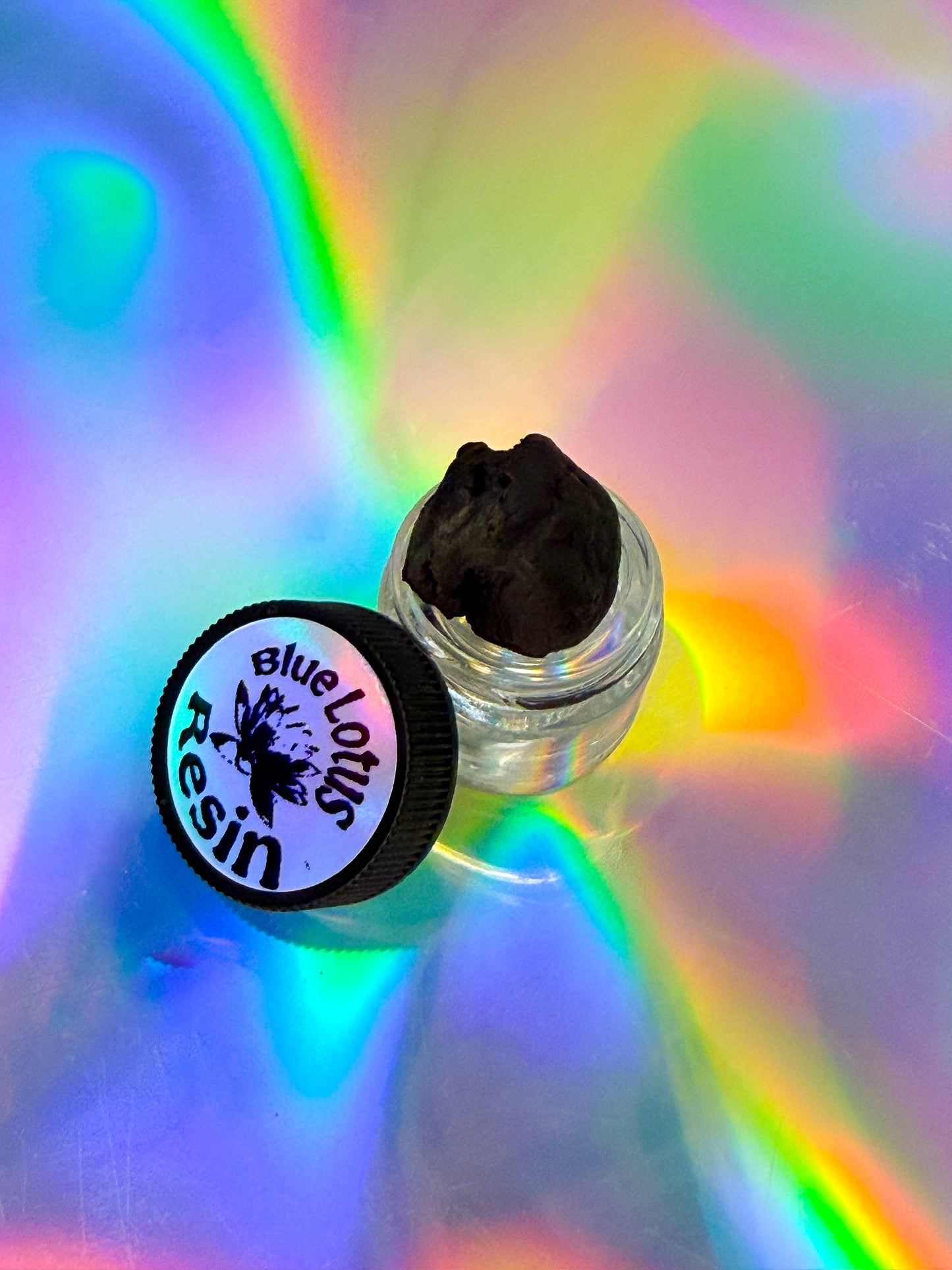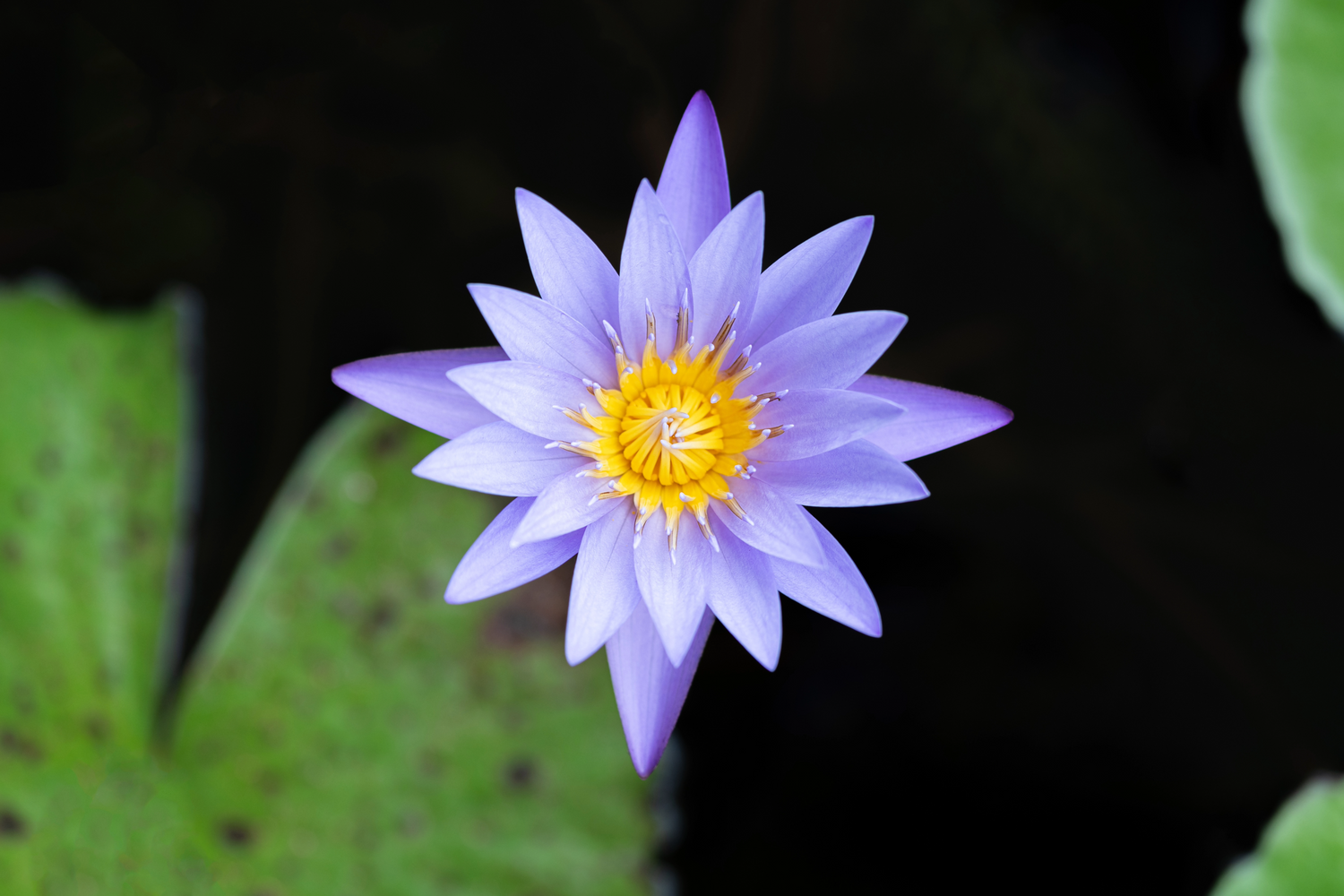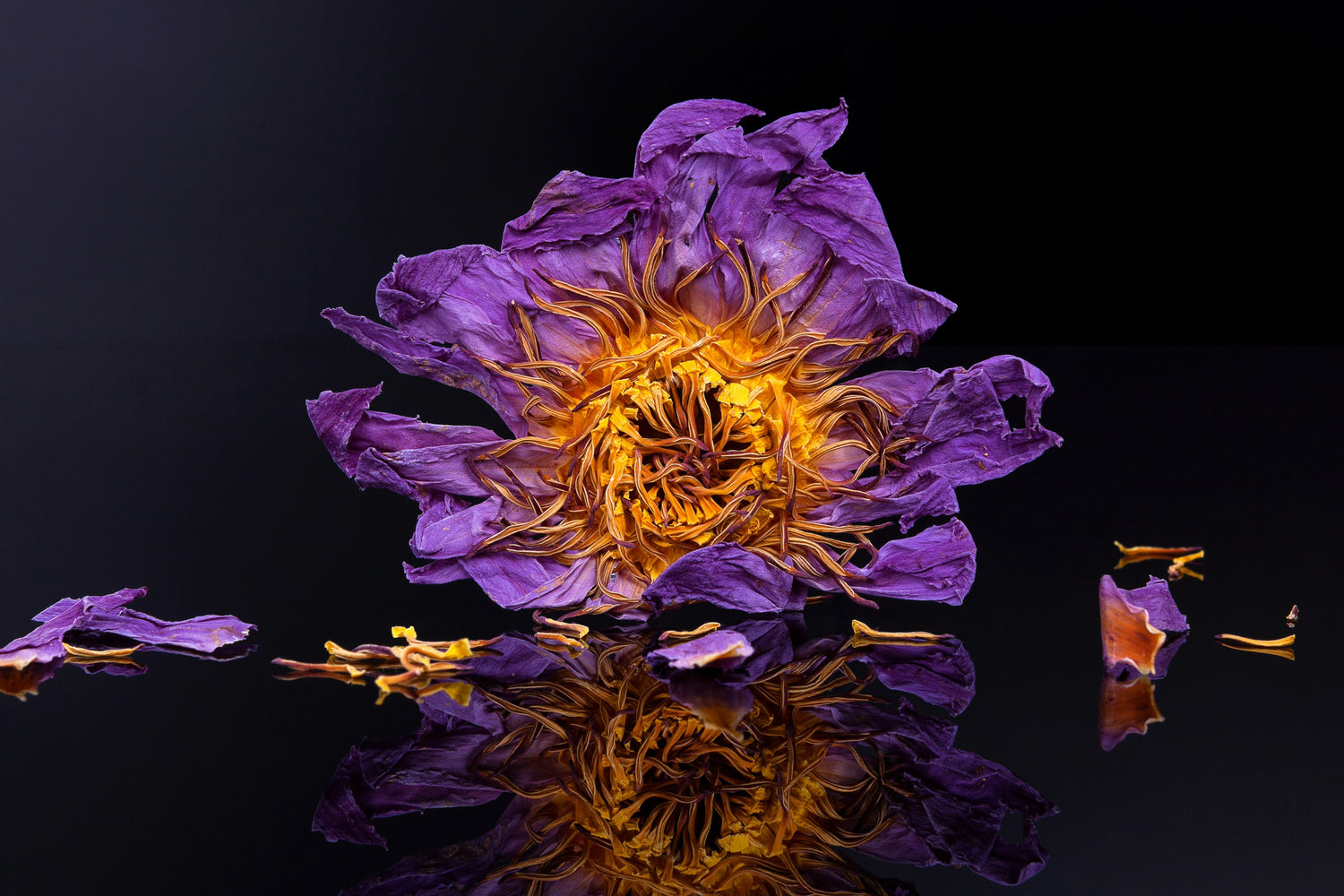
Healing Herbals
White Lotus Resin Extract
White Lotus Resin Extract
Couldn't load pickup availability
White Lotus Extract Resin | Healing Herbals
Product Description
Our White Lotus Extract Resin is crafted from ethically harvested Nymphaea lotus flowers grown in Sri Lanka. This resin is carefully prepared in a GMP-certified facility to ensure purity and consistency. It offers a concentrated form that can be used in small amounts for a refined botanical experience.
History
White Lotus has been treasured across cultures for centuries. In ancient traditions, it was often associated with clarity, balance, and ritual use. Sourced from Sri Lanka, this extract continues that lineage of botanical reverence.
Usage / Directions
This resin can be enjoyed in a variety of ways:
- Sublingually: Place a small amount under the tongue.
-
Tea preparation: Dissolve in warm water or tea.
Start with a minimal amount and adjust as preferred.
Ingredients
- 100% White Lotus (Nymphaea lotus) Extract Resin
FDA Disclaimer
This product is not intended to diagnose, treat, cure, or prevent any disease. Not FDA-approved. Please check local regulations before use.
Share


Blue Lotus and Quality
Healing Herbals works closely with small family lotus farms and through sustainable and ethical sourcing of Nymphaea caerulea. Our sources always grow organically, avoiding heavy synthetic fertilizers. Our blue lotus flowers come from well-managed farms or sustainably maintained wild ecosystems on private lands.

History of Blue Lotus
Blue lotus, or Nymphaea caerulea, was highly valued in ancient Egypt, appearing in art, jewelry, and temple carvings. Its striking blue flowers symbolized the sun, creation, and rebirth, and it was often included in religious ceremonies along the Nile. The plant’s presence in tombs and artifacts highlights its cultural and spiritual significance throughout Egyptian history.
Over the last 2 thousand years this flower has been cultivated, bred and ecologically diversified to include several known cultivars and varieties including the Purple Thai, Egyptian Blue, and other subvarieties.

